
Oxford City Council has become the first local authority in the country to receive an Excellent rating in Quest for Active Communities, the new assessment model from Quest, Sport England’s quality scheme for sport and leisure – not bad for a council whose sport and leisure provision was rated poor by the Audit Commission just eight years ago.
The new assessment model includes supports the priorities outlined in both Sport England’s strategy ‘Towards an Active Nation’ and the government’s ‘Sporting Future’ strategy, including physical health, mental wellbeing, individual development, social/community development and economic development.
“With less central funding available, in order to attract external investment, it is imperative to make a strong case for sport and leisure. Quest helps us to do that by enabling us to demonstrate our impact in a way that is quality-assured, as well as allowing us to benchmark ourselves effectively against others in the industry,” says Ian Brooke, head of community services at Oxford City Council.
A poor heritage
When Oxford City Council first signed up to Quest, its sport and leisure provision was rated poor by the Audit Commission. “The service being delivered to our customers and residents fell way below acceptable standards. Customer satisfaction was at an all-time low, with numerous complaints. We were unable to demonstrate key outcomes or the impact of the services we delivered. There was no strategic direction. We were working in isolation with no key partners, such as Sport England or NGBs.” says Hagan Lewisman, the council’s Active Communities manager.
A positive step-change
“We knew embedding an ethos of continuous improvement was integral to being able to better demonstrate outcomes and impact. The Quest process really helped us look outward, driving us to benchmark and seek best practice. We gained insight from talking to the assessors as well as to other high-performing sports and leisure teams, such as Westminster, Durham, East Riding, Birmingham and Kent,” says Lewisman.
Quest success
In 2009, Barton Leisure Centre became the first Oxford City Council site to go through Quest Facility Management (now Quest for Facilities) assessment. The council appointed Fusion Lifestyle as its leisure management operator, with a commitment to Quest included in its conditions of contract. A year later the council’s in-house sport development team achieved Quest Sport Development accreditation.
Today, in addition to the Active Communities award, all three of the council’s leisure centres have Quest accreditation, one with an Excellent rating, one with Very Good and one with Good. An ice rink and outdoor pool managed by the council are also Quest-accredited.
Community focus
Quest’s decision to replace the Sport Development assessment with a new Active Communities model neatly dovetailed with changes the council was implementing. This included creating an Active Communities services team, integrating the individual teams for sport and physical activity, leisure, parks and green space development, youth ambition and community centres.
“This integration has enabled us to deliver activities in non-typical settings, such as community centres, and to target specific groups of people who are more inactive,” says Lewisman. “It has also allowed us to maximise the use of the green spaces that adjoin our community or leisure facilities through targeted outdoor programmes.”
The new team has also forged much closer partnerships with the council’s housing, planning, environmental sustainability and community safety teams, as well as with external groups such as community associations, tenants and residents’ associations, social clubs, housing associations and even pubs.
“These closer partnerships are enabling us to have a wider social impact – from our Youth Ambition programme which targets anti-social behaviour in conjunction with our community safety team, to the table tennis ping-pong parlour which targets the inactive in a local pub.
The introduction of two new modules – Increasing Participation and Reducing Inactivity, and Insight and Marketing – have allowed the council to demonstrate what it’s already doing in these areas while also identifying where it can improve.
“The main challenge was how to differentiate between where we have increased participation and where we have reduced inactivity, as these can be very different. We now have a better understanding of both the insight and targeted approach required.”
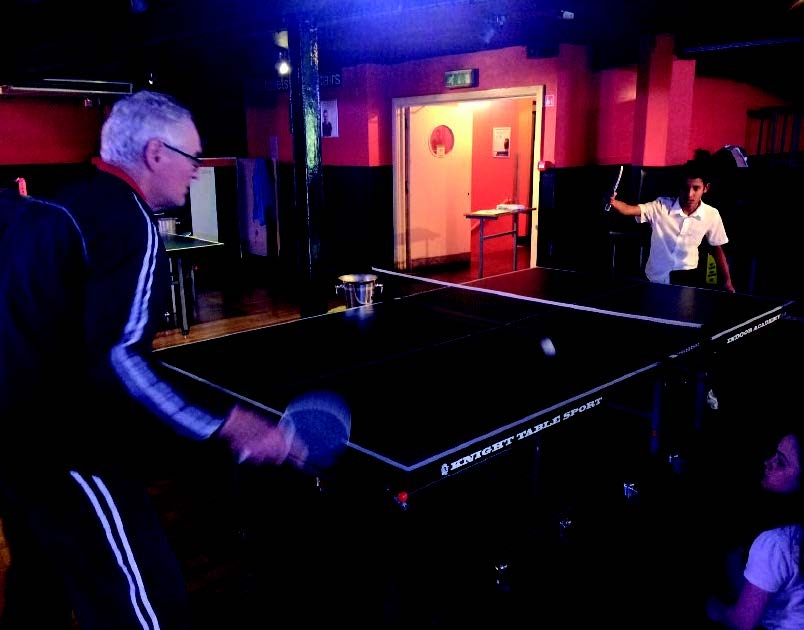
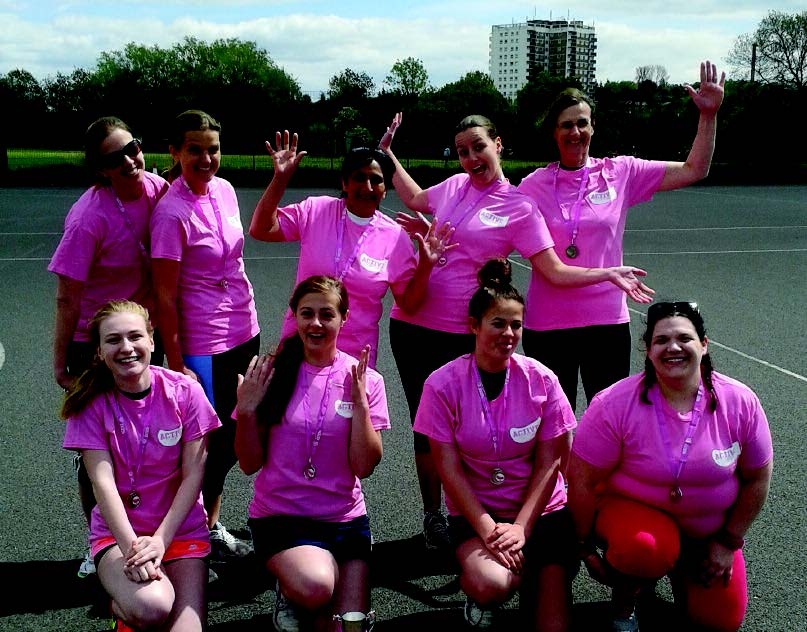
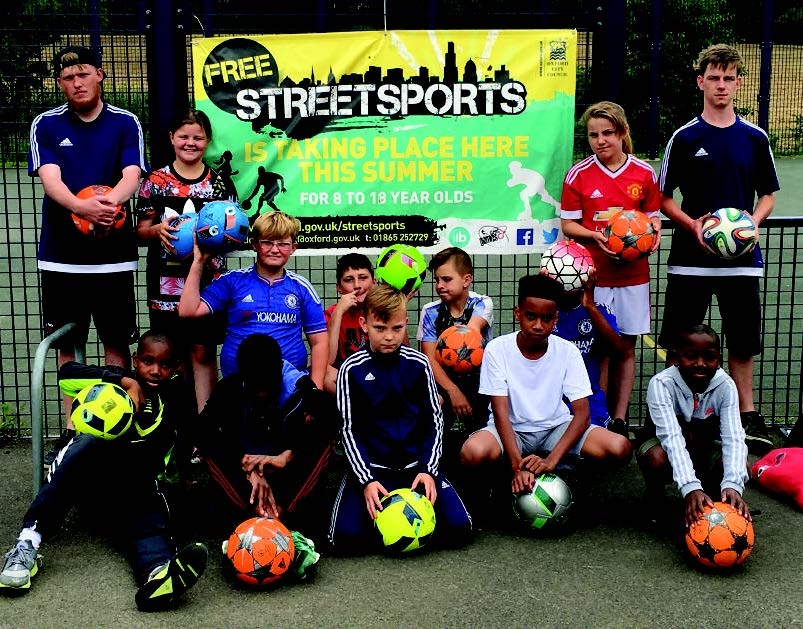
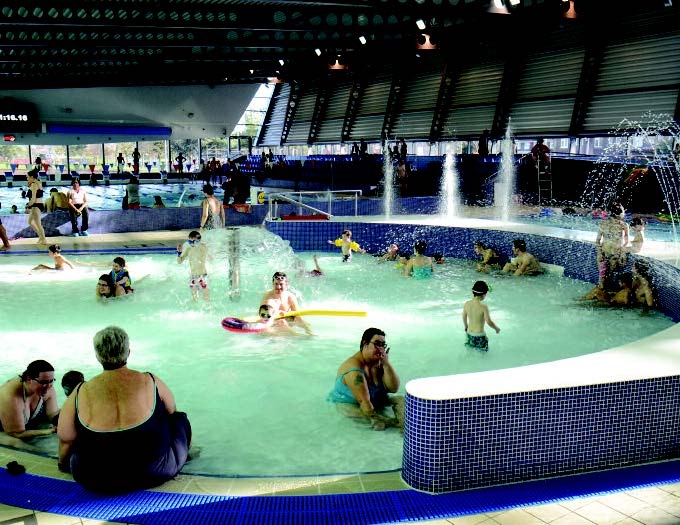
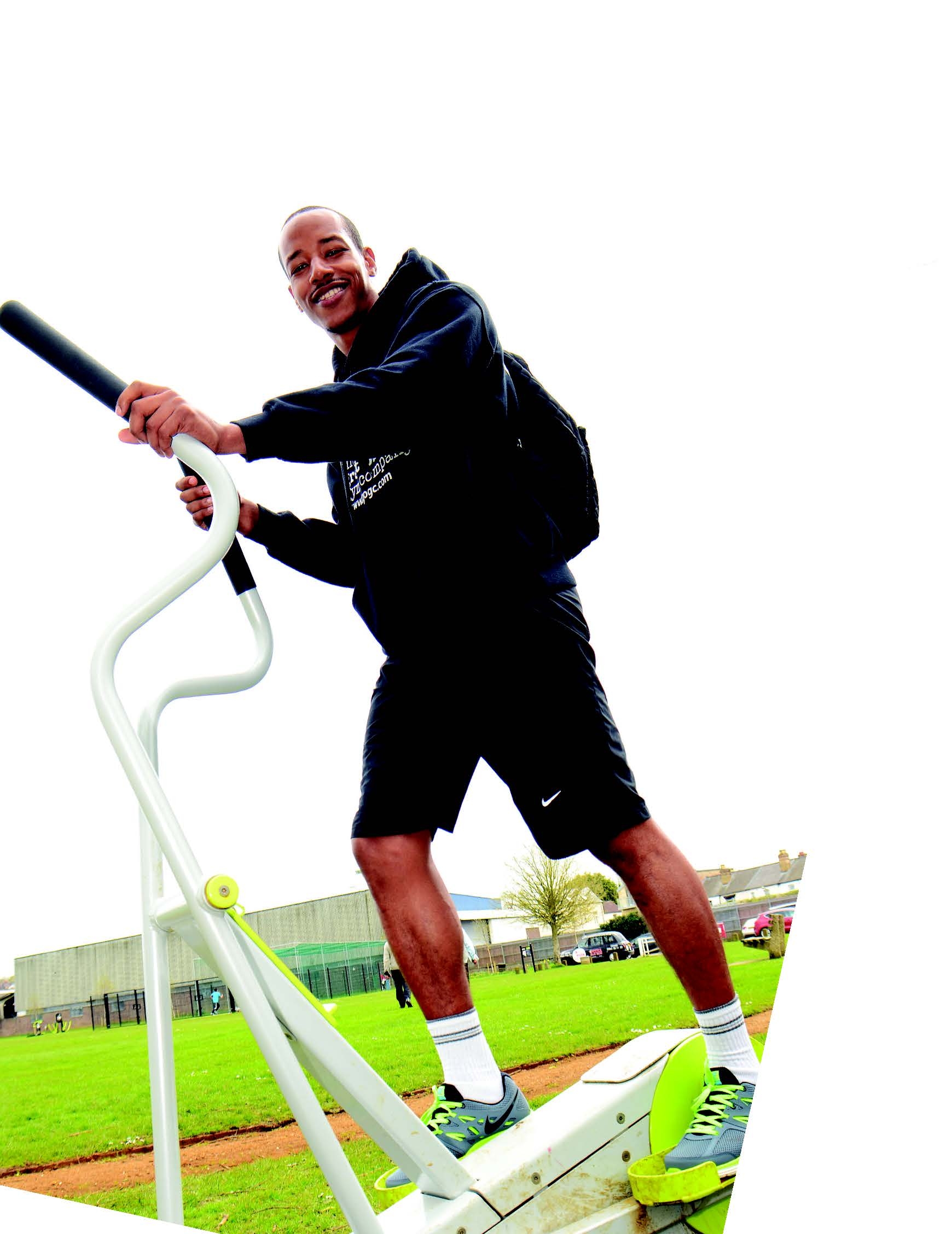
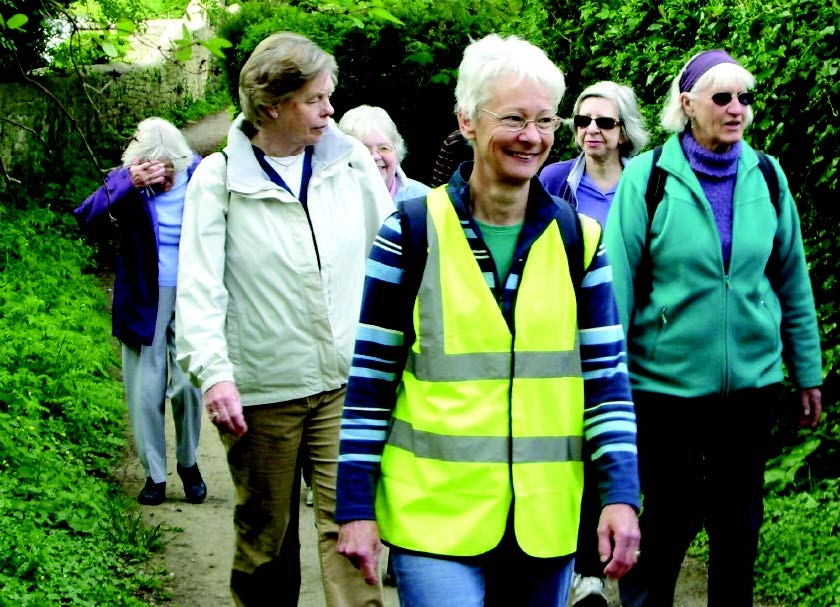

Tangible results
User experience has been greatly improved: 92 per cent of users are currently satisfied with the centres while 75 per cent rate them as good or excellent.
A February 2016 evaluation using social return on Investment (SROI) methodology found that Fusion Lifestyle generated a gain of more than £18m from its work in Oxford during 2014 alone. Also over the past eight years, the leisure centre operations have achieved cumulative cash savings of around £1.94m a year
According to Lewisman, working with Quest has helped to attract external funding of more than £1.3m. “It gives funders confidence that we are well-run, showing that we have a fantastic track record of delivery and can demonstrate great results.”
Participation
Results include an impressive 53 per cent increase in participation at Oxford City Council’s leisure centres, from 896,000 in 2009/2010 to 1,370,000 in 2016/2017.
This includes:
Faith in the future
Thanks to Quest’s emphasis on continual improvement, the journey does not end here. “The same principles that have helped us to achieve high levels of impact for our communities to date will ensure we do not rest on our laurels, but continue to improve and adapt to a fast-changing environment,” says Lewisman.